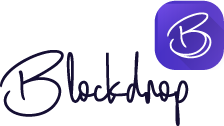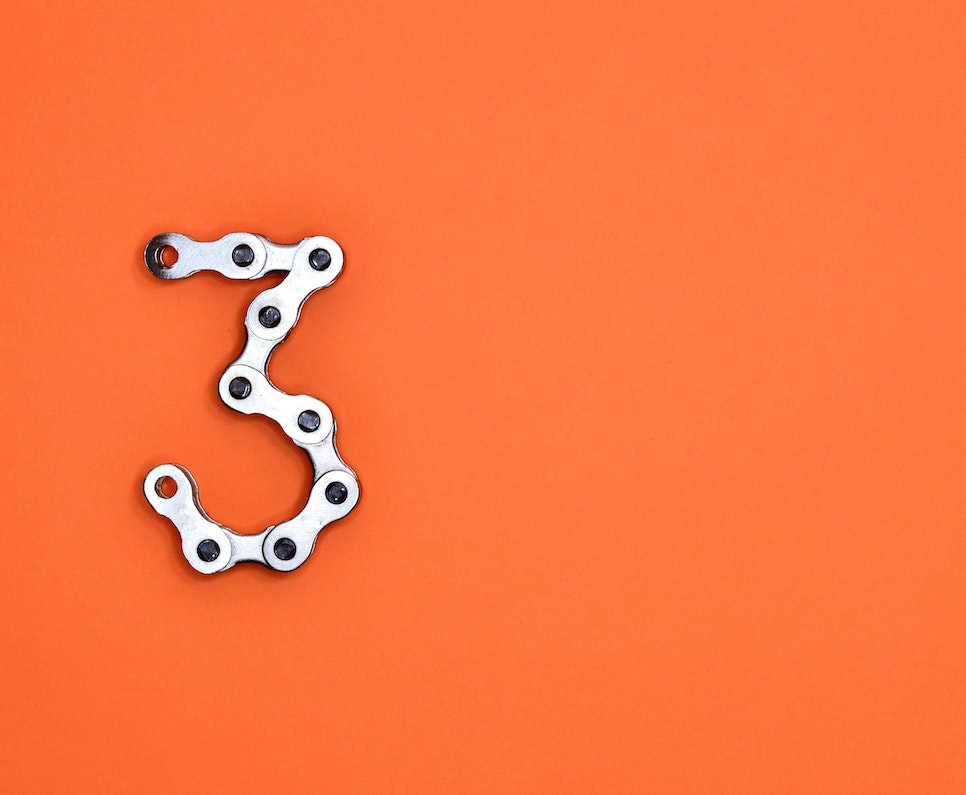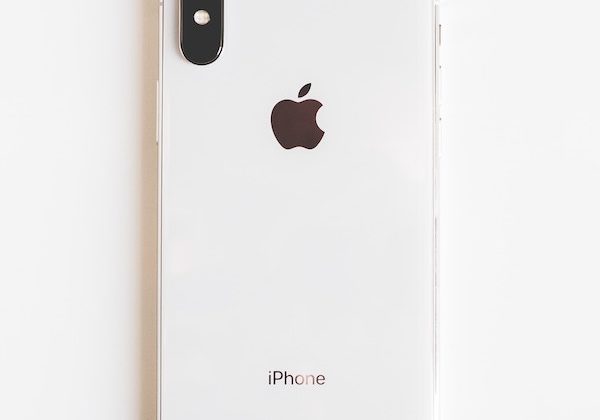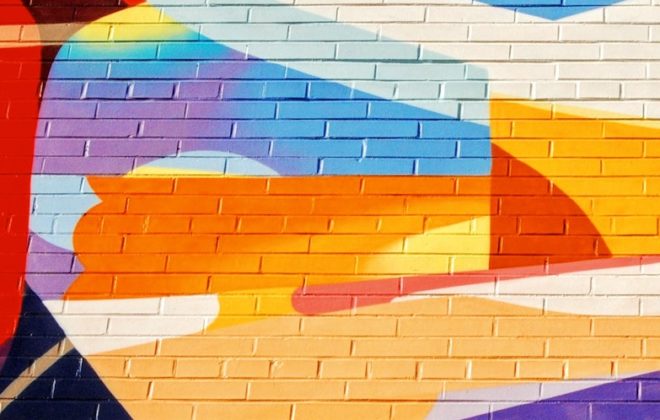Build it on the Blockchain
Should you build your app on the blockchain?
Blockchain is the technology behind digital currencies like Bitcoin, Litecoin, and Ethereum. It was invented in 2008, but most of us heard about it after it emerged as a core component of Bitcoin in 2009. Almost a decade later, its applications have broadened beyond cryptocurrency and blockchain is regarded as data security breakthrough.
Blockchain is a powerful concept because it virtually eliminates the chance for fraud or errors in certain transactions through shared public records and encryption. In 2016, technology and financial firms invested an estimated $1.4 billion in blockchain tech and are poised to spend $2.1 billion in 2018. While those numbers are turning the heads of entrepreneurs and investors, critics liken blockchain development marketing to “snake oil” sales.
So, is blockchain revolutionary or too good to be true?
Here’s the stuff you need to know before you get that blockchain tattoo on your neck.
What is Blockchain?
Often you’ll hear blockchain technology described as a “digital ledger,” “distributed ledger,” or an “automated ledger.” Besides cementing our dislike for the word ledger, we’ve never found those definitions helpful. Also, what is this 1925?
Instead of that, imagine a list of transactions in a document. The list is shared with many users who each have a copy stored on their device, like a Google doc. No one can edit the document. Each transaction on the list is called a block, and the whole list is called blockchain.
The blockchain functions as a unit. Each block is linked to the next via encrypted code. No block can be changed without also altering all the blocks that came before it and with consensus of the network. So, a valid entry will fit on the blockchain without changing any of the other blocks. The technology will verify this against everyone else’s copy of the current blockchain. The new block is permanently added to the blockchain, and the list is updated on everyone’s device instantly. Fraud or errors are virtually impossible.
So basically, blockchain is a kind of shared public database.
Is it just a trend?
As we hear more stories about Russian hackers, data breaches, and data brokers, keeping our information safe online has become an even more confusing space to navigate. So, it makes sense that there’s excitement and momentum around blockchain and the security it has to offer. However, it’s still crucial examine things carefully if you’re thinking about deploying blockchain in any project. The question we’re asking is: does it add value?
There are still a lot of unanswered questions. Will data entry jobs disappear? Will we all bank in Bitcoin soon? Is this good or bad? Of course no one knows for sure. What we do know is there is no single technology is not a single or final answer to any of the problems we’re working to solve. Our advice if you’re still ready to get your blockchain on? Read books like Blockchain Revolution by Don Tapscott, Alex Tapscott, and Jeff Cummings.
Learn a lot.
Then make your move.





